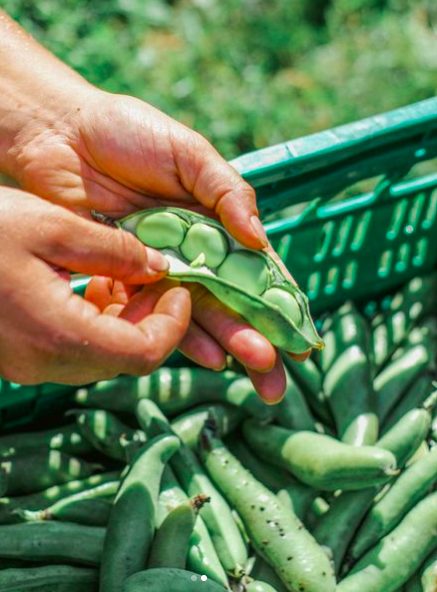The Global Bean Project aims to increase the cultivation and consumption of legumes around the world.
Legumes have a vital role to play in the necessary shift in global food systems and the fight against climate change. Thanks to unique biological characteristics, they are low-emission crops. Those characteristics help to reduce reliance on fertilisers, resulting in fewer detrimental impacts on ecosystems and human health.
Legumes can also serve as a high-protein food source for humans that is far more healthy, sustainable, and, in most cases, more affordable than animal protein. The seeds from this diverse family of plants (which includes beans, peas, lentils, and more) can be used in many delicious and nutritious meals.
We work together with a diverse international network who are passionate about legumes. Using their expertise, regional insights, and connections, we produce resources and events to highlight the numerous benefits of legumes and increase cultivation and consumption.
Why legumes?
Legumes…
- are excellent sources of protein. Their consumption can help to reduce (or even replace) meat, benefitting both human health and the environment.
- improve soil fertility. They have natural nitrogen fixation abilities that reduce the need for mineral fertilizers.
- diversify crop rotations and biodiversity.
- contain important vitamins and minerals.
- offer a diverse range of textures, colours, and flavours.
- are an important part of many regional culinary traditions.
What we do and produce
Despite all these advantages, we believe that legumes do not yet receive the attention they deserve. We hope to change that by offering:
Information sheets
Cultivation instructions
Videos of international show gardens
Online seminars and talks
Online cooking events
Seed festivals
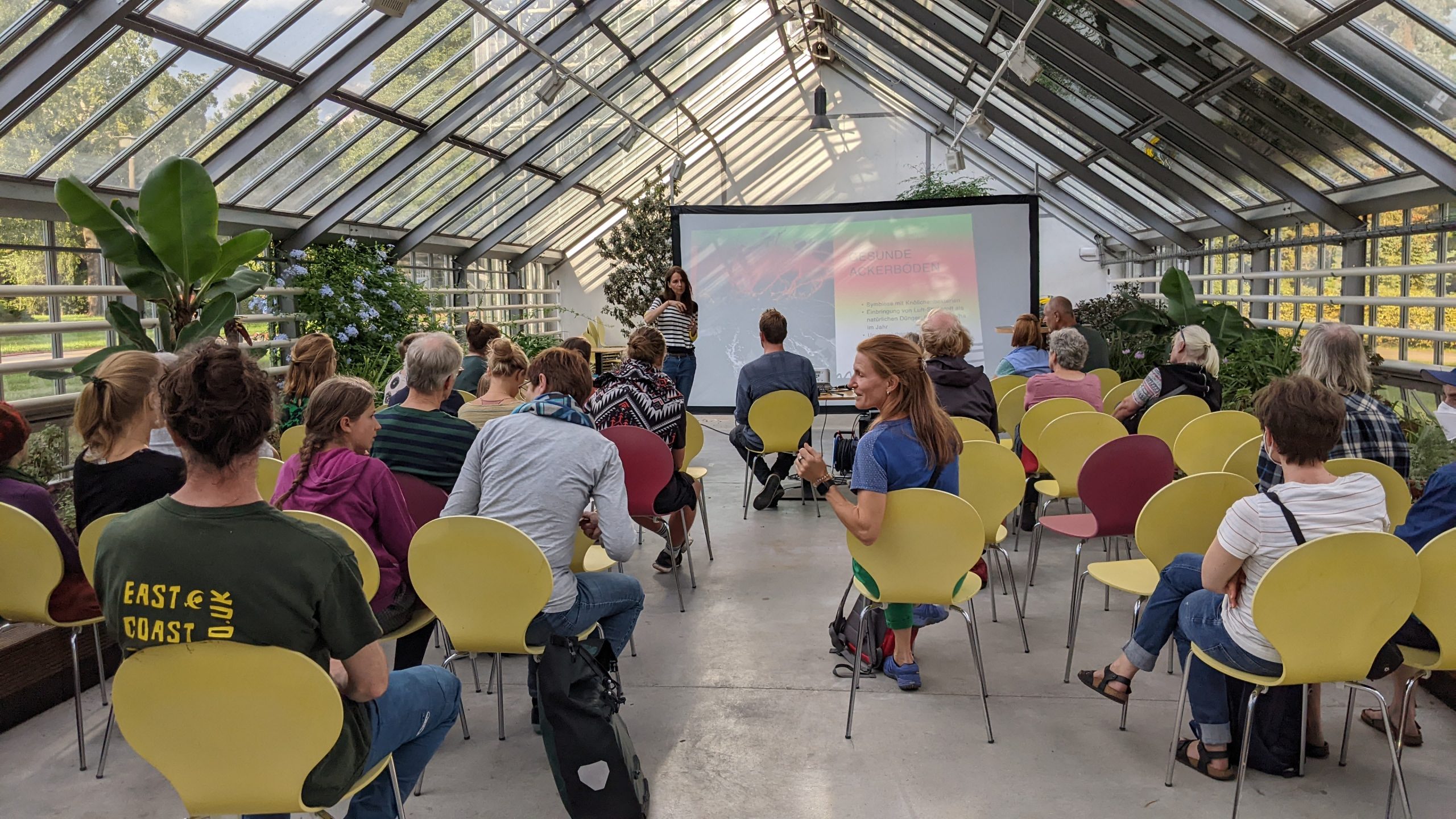
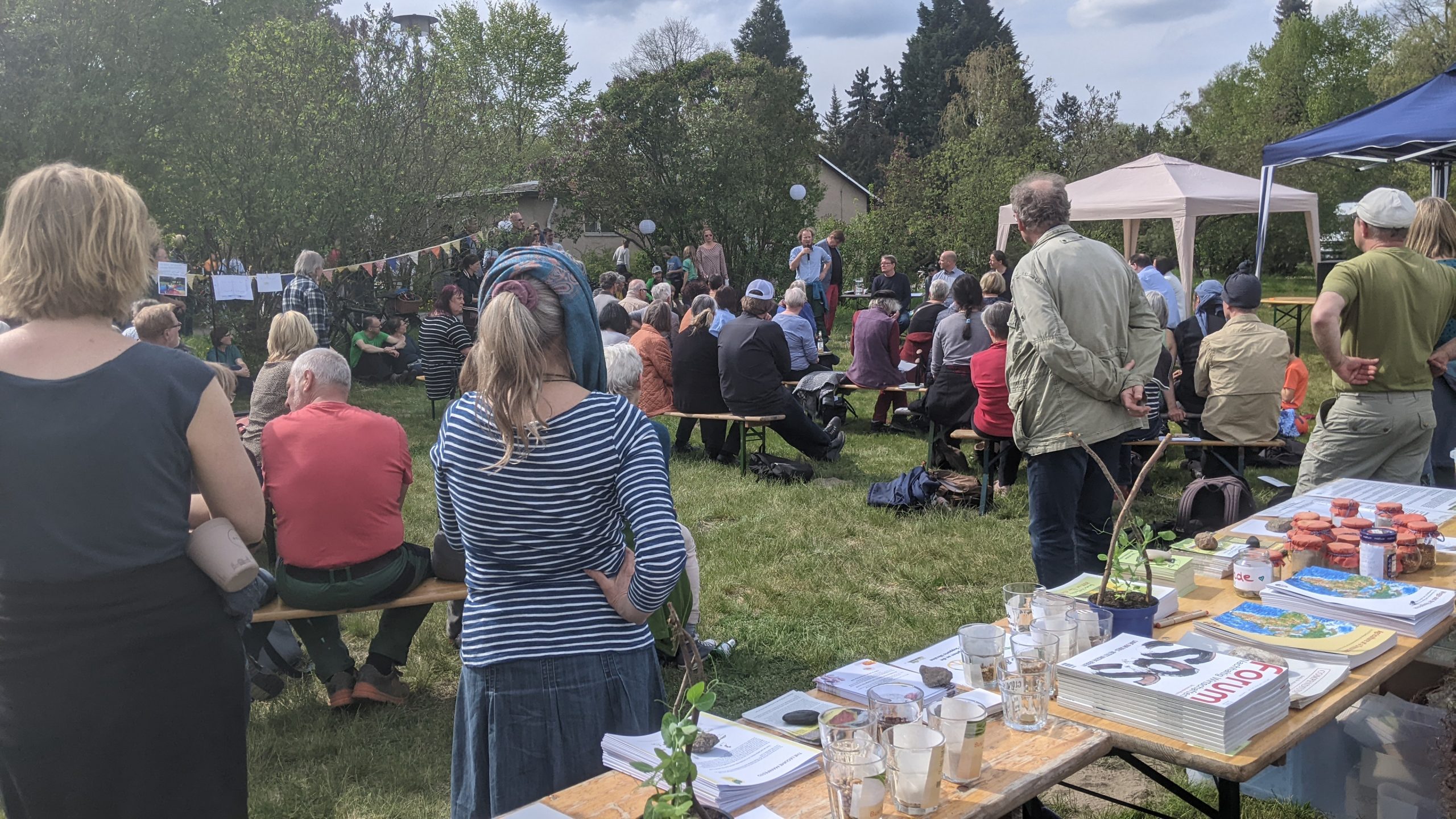
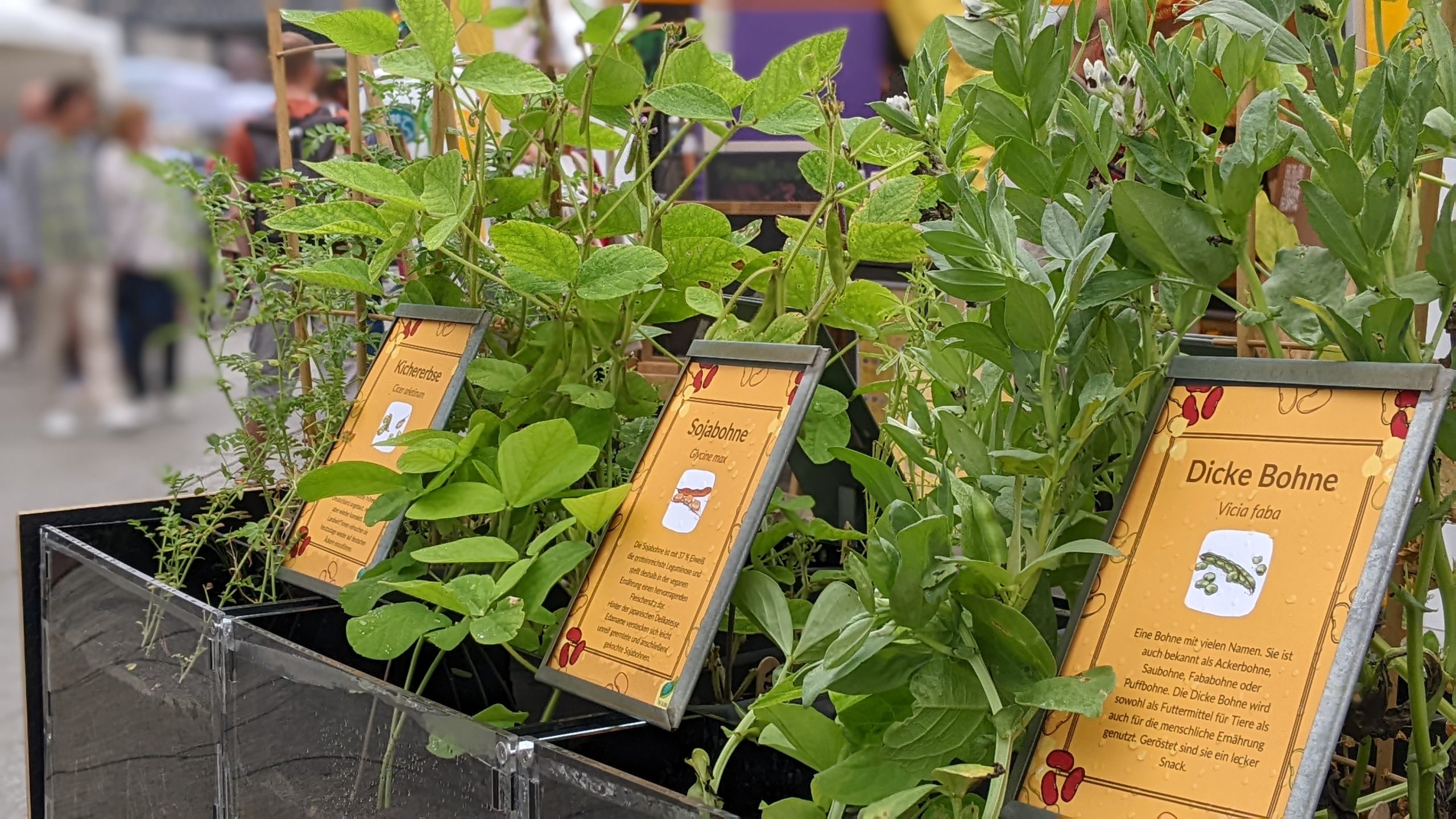
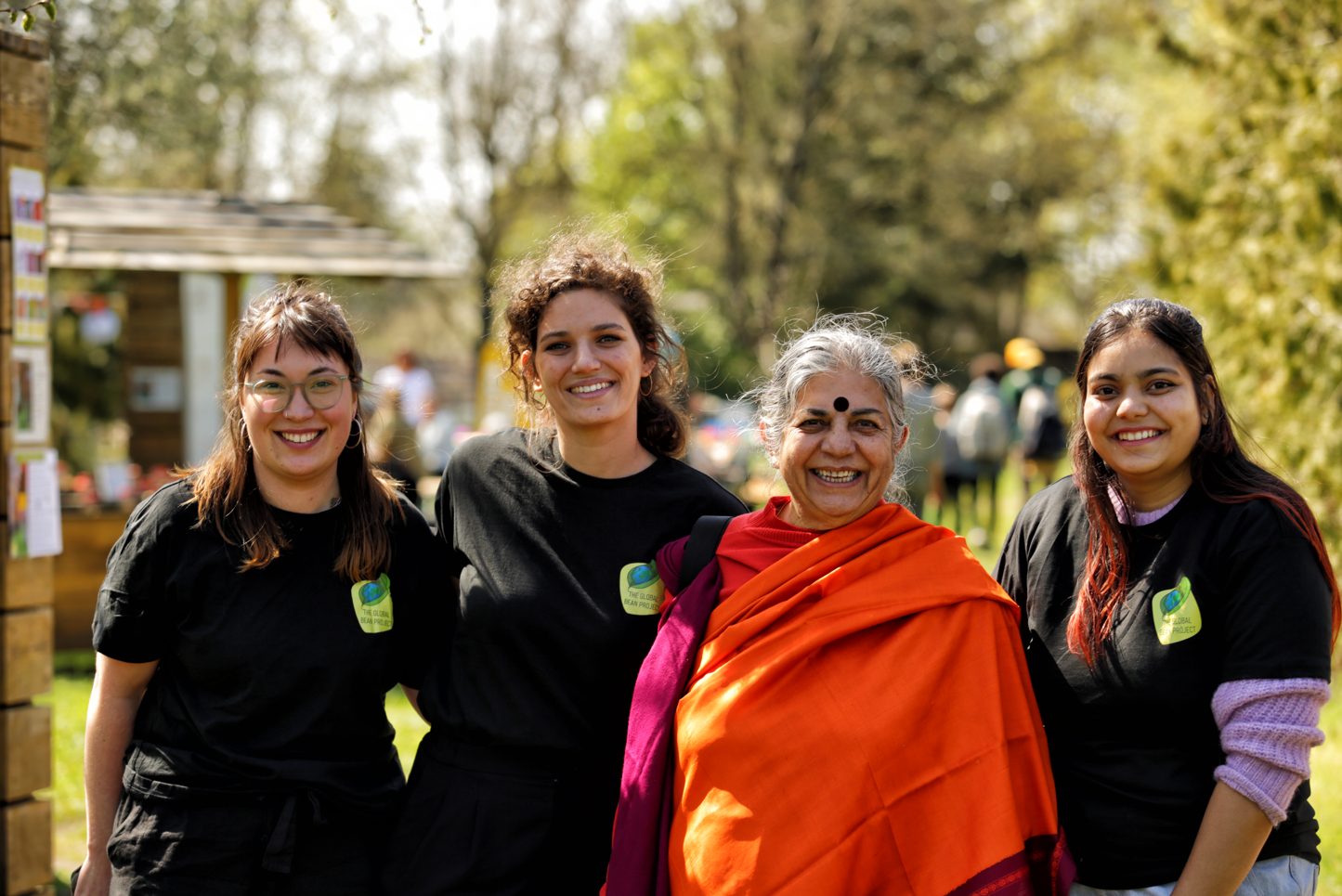
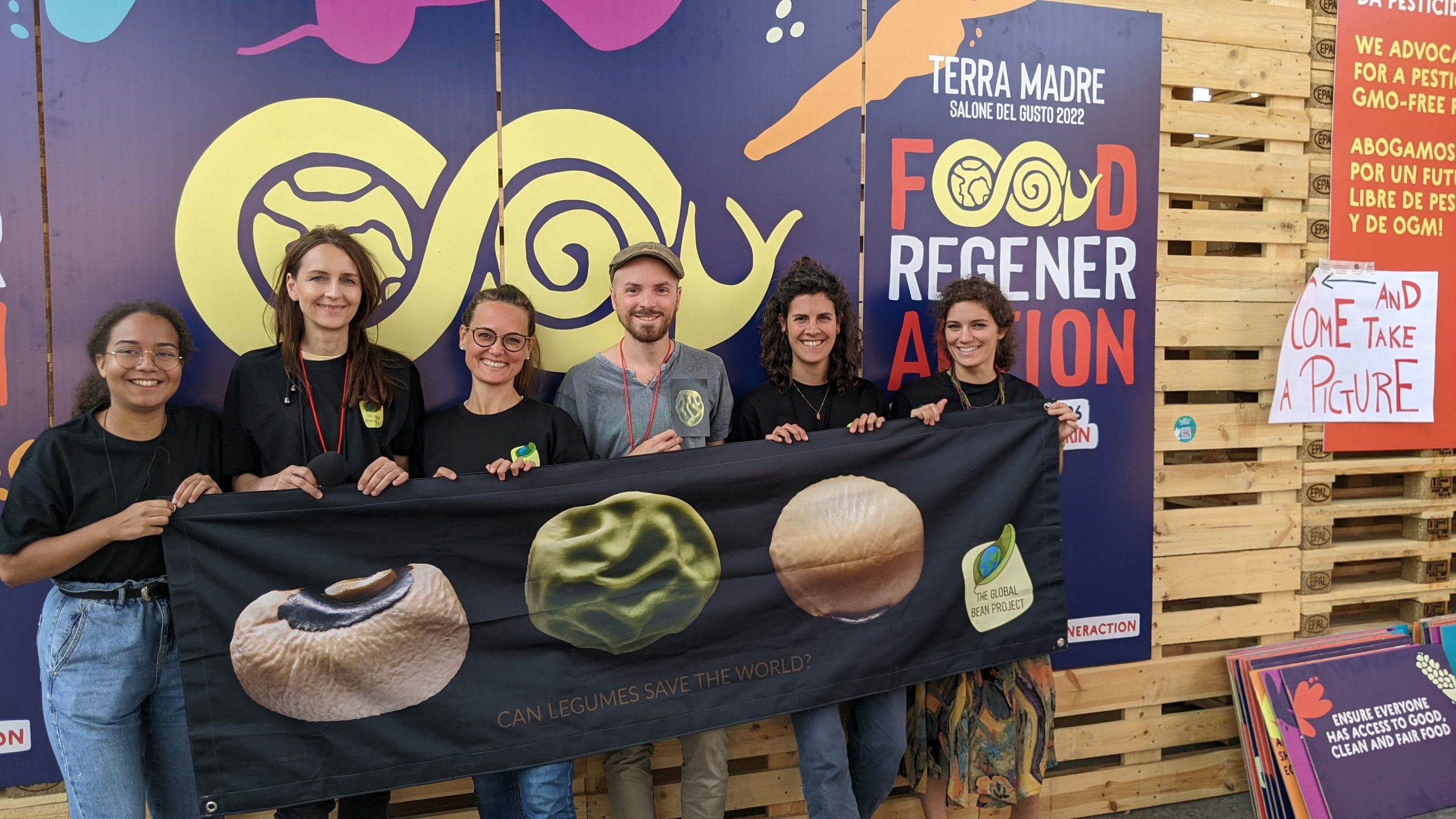
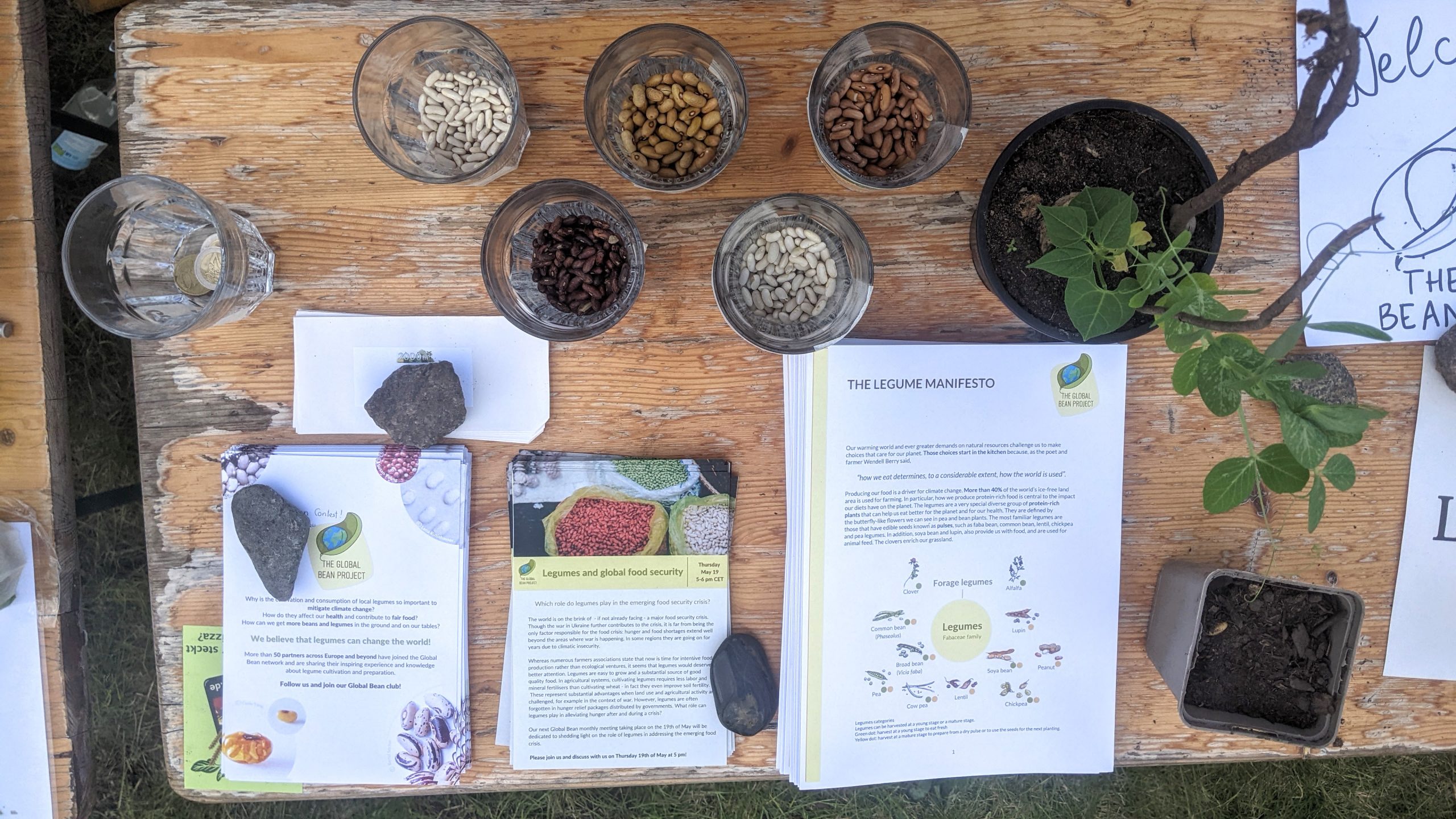
Any questions? Contact us!
c/o Zukunftsstiftung Landwirtschaft
Marienstr. 19-20
10117 Berlin
Germany
Supported by:
The Global Bean Project belongs to the international Global Field movement, run by the Zukunftsstiftung Landwirtschaft (Foundation on Future Farming).

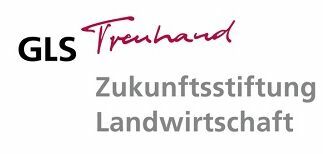
It was established in 2021 as part of the Global Field – 2000m² in Berlin and was funded during two years by the German Ministry for the Environment, Nature Conservation, Nuclear Safety, and Consumer Protection’s EURopean ENvironment Initiative.
The Global Bean Project is looking for new fundings to continue its work! Would you like to support us or collaborate with us? Get in touch!


